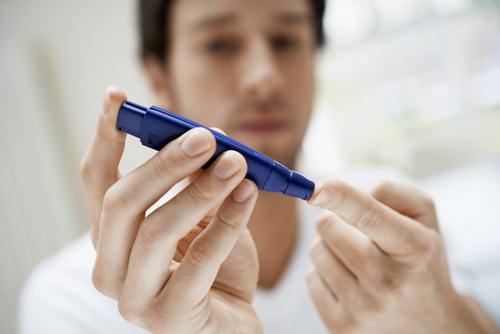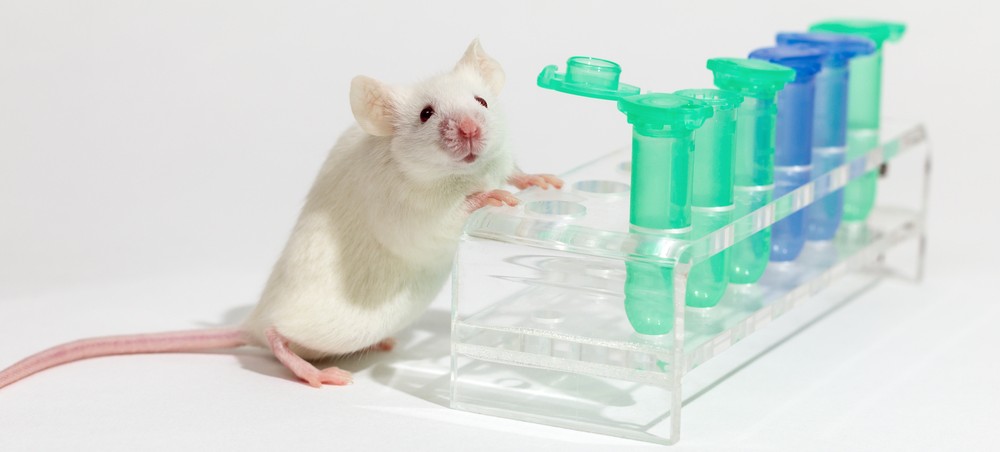 Findings from a recent study showed that reversing brain inflammation with a natural flavonoid called Butein in mice can improve symptoms of obesity and type 2 diabetes.
Findings from a recent study showed that reversing brain inflammation with a natural flavonoid called Butein in mice can improve symptoms of obesity and type 2 diabetes.
The study, entitled, “Central inhibition of IKKβ/NF-κB signalling attenuates high fat diet-induced obesity and glucose intolerance,” is published in the current issue of the journal Diabetes, and was led by Dr. Alex Tups from the Centre for Neuroendocrinology and Department of Physiology at the University of New Zealand.
Dr. Alex Tups and colleagues sought to find out if by inhibiting an inflammatory signaling pathway called IKKβ/NF-κB pathway, they would observe improvements in metabolic impairments in obese mice. The mice examined were obese either due to a leptin deficiency or due to a diet high in fat. The researchers then analyzed if the IKKβ/NF-κB pathway would play a role in the symptoms of obesity using gene therapy.
In their experiment, the researchers gave the mice a flavonoid called butein that works to block the IKKβ/NF-κB pathway. The researchers observed that administering butein in the mice’s brains attenuated high fat diet-induced body weight gain, body fat mass accumulation, increased energy expenditure and reduced arcuate SOCS-3 expression, indicative of enhanced leptin signaling.
Results from this study strongly suggest that a diet high in fats is responsible for the activation of body inflammations in the brain, leading to impairments in the signaling leptin and insulin pathway, ultimately causing obesity and obesity and type II diabetes.
“We also showed that this profound effect was dose-dependent with better glucose tolerance achieved through higher doses of butein,” Dr. Tups said with regard to the findings, strongly emphasizing the role of central pro-inflammatory IKKβ/NF-κB signaling pathway in the development and potential treatment of DIO-induced co-morbidities.
“Our findings strongly support this idea and we also show that reversing this inflammation promotes a return towards normal metabolic functioning,” Dr. Tups said in the news release.
The research team recommends that further investigations on Butein be conducted before sound conclusions can be drawn on it being a potential treatment target for patients with obesity and type 2 diabetes.


